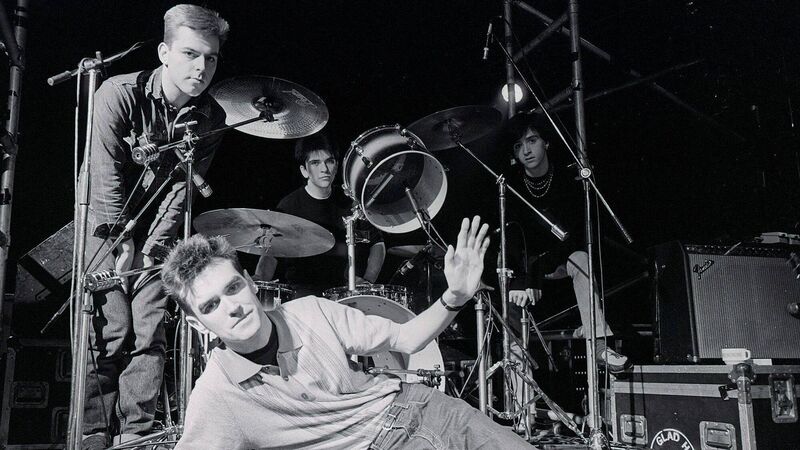Mike Joyce on life in The Smiths, and the bonding power of the band's Irish backgrounds

The Smiths: L-R, Andy Rourke, Morrissey, Mike Joyce, Johnny Marr.
Mike Joyce is talking down the line from Manchester about his time as drummer of The Smiths. "It was the little things like the flowers,” says the 62-year-old about the band's frontman waving gladioli during live performances. “I remember Morrissey was asked about it and just said: 'It's better than smelly socks.' I thought ‘good answer’. It was a lovely aspect of it, along with cadence, the rhythm and inflection of his voice … and his words.”
The drummer was still only a teenager when he joined The Smiths in October of 1982. As a punk and post-punk fan at the time, his tastes were of the moment when he became part of the band, providing a solid backbone for the musicianship of Johnny Marr and late bass player, Andy Rourke, who died in 2023.




